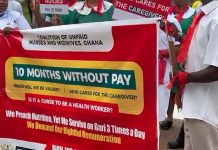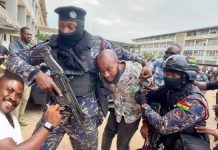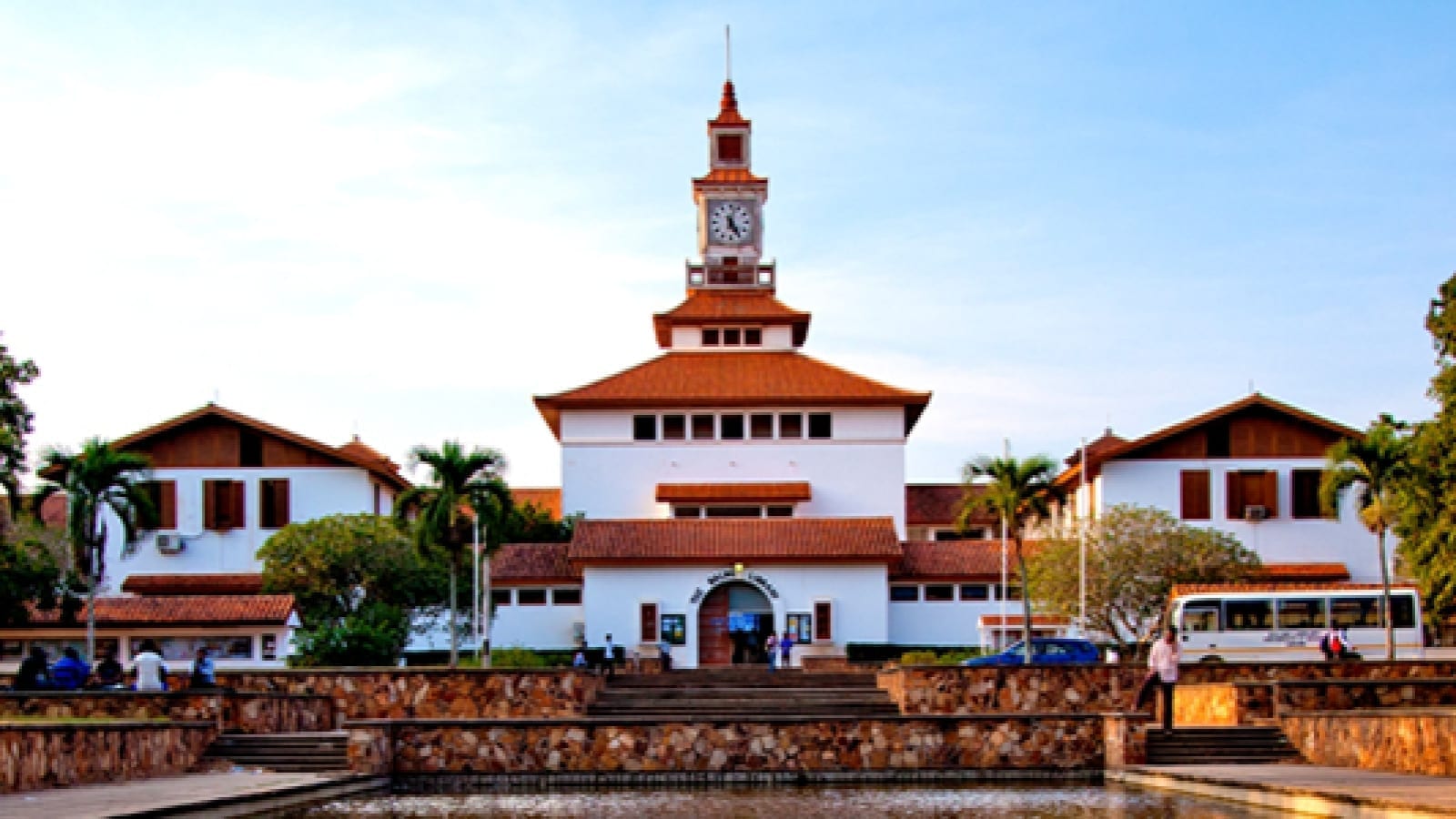The Sudanese army carried out air strikes in the north of the capital Khartoum on Monday, attacking its paramilitary rivals around a hospital that witnesses said was damaged in the bombardment.

Intense battles in Khartoum and its sister cities of Bahri and Omdurman have raged despite Saudi and U.S.-brokered talks between the army and the paramilitary Rapid Support Forces (RSF) in Jeddah aimed at securing humanitarian access and a ceasefire.
The fighting has spread to the western region of Darfur, but has been concentrated in the capital, where RSF fighters have taken up positions across neighbourhoods and the army has used air strikes and heavy artillery fire to target them.
“We’re under heavy bombardment now in Sharq el-Nil and Rapid Support are responding with anti-aircraft guns,” said 55-year-old Awatef Saleh, referring to the area she lives in along the Nile in Bahri. “All this is happening near our homes, we’re in a state of terror and fear.”
In a voice message released by the RSF, its leader Mohamed Hamdan Dagalo, known as Hemedti, dismissed rumours that he had been killed or injured in the battles.
“I am moving freely around my forces, I am present in Bahri, I am present in Omdurman, I am present in Khartoum, I am present in Sharq al-Nil,” Hemedti said.
“They are spreading rumours that Mohamed Hamdan has been killed, and these are all lies that show that they are being defeated … I am thank God present with the troops,” he said.
Army chief General Abdel Fattah al-Burhan and Hemedti held the top positions on Sudan’s ruling council following the 2019 overthrow of former leader Omar al-Bashir during a popular uprising, and staged a coup two years later as a deadline to hand power to civilians approached.
The war began after disputes over plans for the RSF to join the army and the chain of command in a new political transition.
It has caused about 200,000 to flee into nearby countries and over 700,000 have been displaced inside Sudan, triggering a humanitarian crisis that threatens to destabilise the region.
Those still in Khartoum are struggling to survive.
“Goods are slowly disappearing, the stores are emptying out,” said Mohamed, a resident in an area of Omdurman not yet hit by fighting. “Famine is coming for sure. If we aren’t killed by the war, we’ll die from the insecurity or hunger.”





















































![[FREE FREE MONEY] Predict and Win a Guaranteed GH¢200 From Us EVERY WEEK](https://wordpress.ghanatalksradio.com/wp-content/uploads/2022/02/Predict-and-Win-Final-09-03-2021-218x150.jpg)
![[Predict & Win – 8th/Oct.] WIN A Guaranteed ¢200 From Us This Week](https://wordpress.ghanatalksradio.com/wp-content/uploads/2021/10/maxresdefault-16-218x150.jpg)
![[Predict & Win – 2nd] WIN A Guaranteed ¢200 From Us This Week](https://wordpress.ghanatalksradio.com/wp-content/uploads/2021/09/maxresdefault-50-218x150.jpg)
![[Predict & Win – 25th] WIN A Guaranteed ¢200 From Us This Week](https://wordpress.ghanatalksradio.com/wp-content/uploads/2021/09/maxresdefault-36-218x150.jpg)
![[Predict & Win – 18th] WIN A Guaranteed ¢200 From Us This Week](https://wordpress.ghanatalksradio.com/wp-content/uploads/2021/09/maxresdefault-23-218x150.jpg)









![[National cathedral] See full list of churches that have contributed since 2018](https://wordpress.ghanatalksradio.com/wp-content/uploads/2020/09/Ghana-National-Cathedral-GhanaTalksRadio-100x70.jpg)



